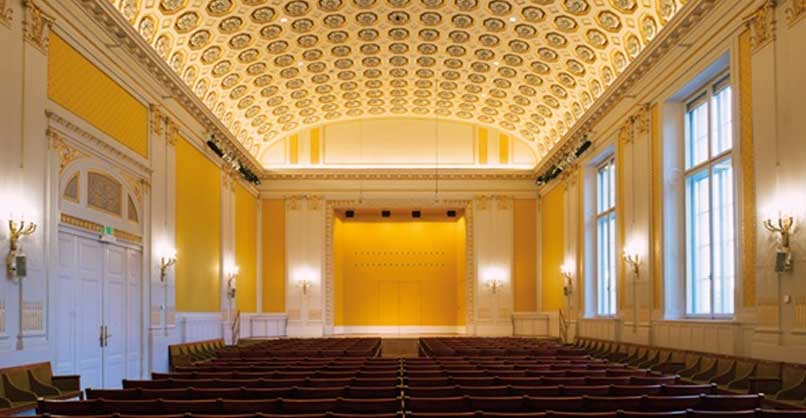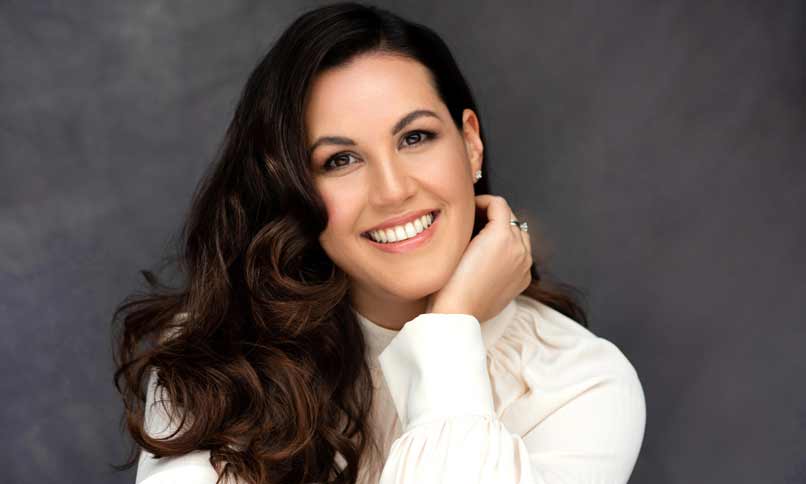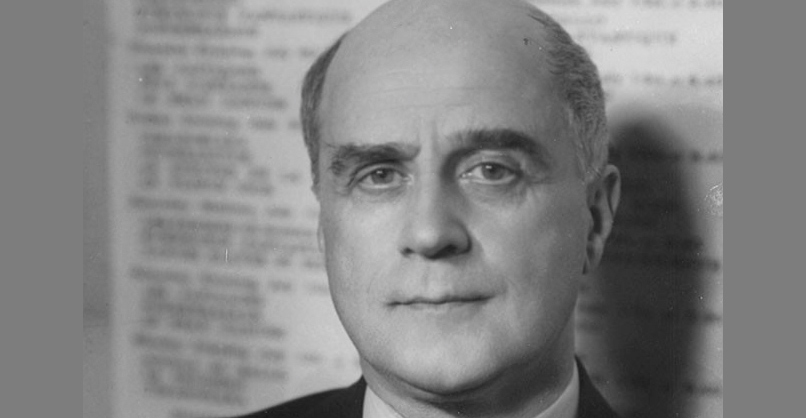
Annette Dasch © Daniel Pasche
Strauss J. Die Fledermaus
Strauss J. :
Die Fledermaus
 170 mn
170 mn
-
ConductorAlfred EschwéAlexander Joel
-
PerformersGabriel von Eisenstein: Mirko RoschkowskiGabriel von Eisenstein: Daniel SchmutzhardGabriel von Eisenstein: Carsten SüssRosalinde: Annette DaschRosalinde: Anett FritschRosalinde: Ulrike SteinskyAdele: Theresa DaxAdele: Lauren UrquhartAdele: Hedwig RitterPrinz Orlovsky: Katia Ledoux
Volksoper - Wien
 Währinger Straße 78 - 1090 Wien Autriche
Währinger Straße 78 - 1090 Wien Autriche
Volksoper
Synopsis
Die Fledermaus
Listen to the Music & Opera playlist :
The wonderful operetta of Die Fledermaus, by the Austrian composer Johann Strauss, is a classic work of timeless beauty. Known in the original German libretto by Carl Haffner and Richard Genee as 'die Fledermaus' or 'the bat' in English, it was first performed at the Theater an der Wien in Vienna in 1874. Since then it has been produced across the world with showings in London, Paris, Munich and New York all following the initial popular reception. Indeed, all of the leading opera houses in the world hold the work as something of an essential in their catalogues.
HISTORY
The light opera of La chauve souris was inspired by the central themes and comic potential of identity and disguise. The lengths that certain people will go to in order to protect their freedom is brilliantly portrayed, with rousing song pieces formulating the need for expressions of justice and loyalty. The title of La chauve souris refers to a bat costume that lies at the heart of the central character's tomfoolery.
Act 1
Performed in the apartment of Gabriel von Eissenstin, the first act tells of his being summoned to spend eight days in jail for insulting an official. He decides to instead travel upon his friend Falke's invitation to a ball being held by Prince Orlofsky in the countryside. Eissenstein's wife is then visited by her former lover Alfred. When the jailer Frank arrives to take Eissenstein away, Alfred pretends to be the disgraced lord and serve his time so as not to arouse suspicion of an affair.
Act 2
Set in the summer house of Orlofsky, this act revolves around the further deceptions and deceits created by the lead characters. It transpires that Falke's invitation was a ruse to get revenge on Eissenstein for leaving him as the object of ridicule the previous year. He had been left drunk in the city dressed up as a bat (explaining the opera's title). With all of the characters using some form of disguise, the ball is a perfect comedic piece of changing structure and elements.
Act 3
After the previous night's wild party, all of the central characters find themselves in the offices of Governor Frank. In full realisation of her husband's deception, Rosalinde wants to begin divorce proceedings. Amidst various jail house lock-ups, Falke arrives with every guest of the ball. Making the declaration that the whole performance has been revenge for the bat costume fiasco, the situation is peacefully resolved. Eissenstein blames champagne for his various acts of wrong-doing and is sentenced to serve the full term of imprisonment.
THE MAIN ROLES
Gabriel von Eisenstein, disgraced nobleman, tenor
Rosalinde, Eisenstein's wife, soprano
Adele, Rosalinde's maid, soprano
Alfred, a singer teacher, tenor
Dr Falke, a notary, baritone
Frank, a prison governor, baritone

You may also be interested by …

wednesday 08 May 2024










